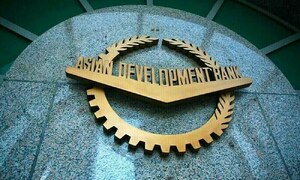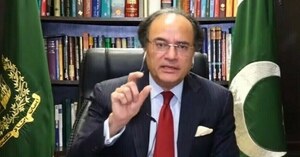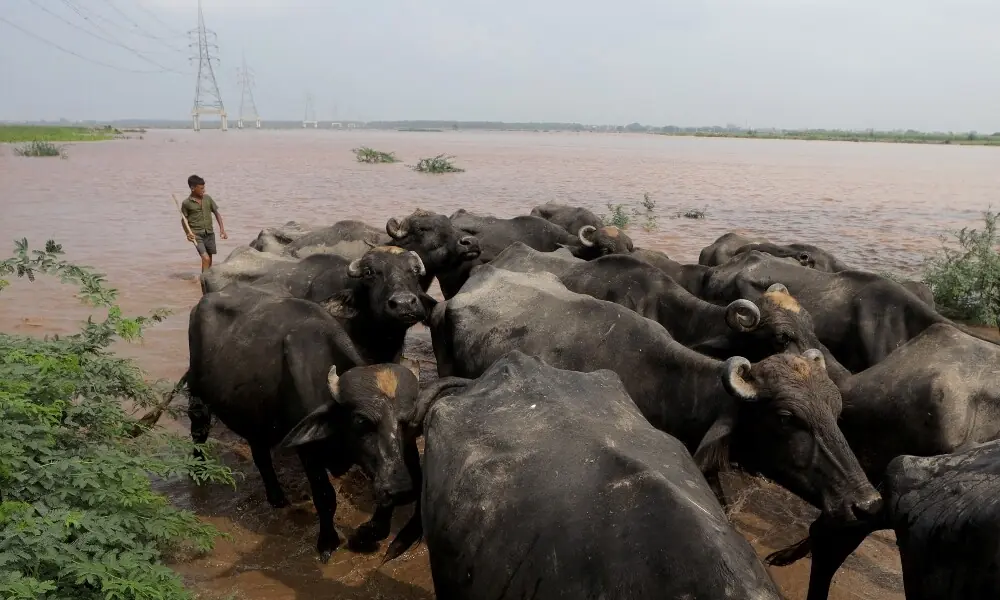Hussain Dawood Pledge creating an impact with mass testing, patient care: Engro Energy CEO
KARACHI: As part of the Rs1 billion Hussain Dawood Pledge, various initiatives worth more than Rs265 million are being implemented to support COVID-19 relief efforts in the four focus areas of testing and diagnostics, protecting frontline workers, enabling patient care, and bolstering livelihoods and sustenance of the most deserving in the society.
Talking to Business Recorder, Ahsan Zafar Syed, CEO of Engro Energy, said, "Engro, Dawood Hercules Group and its sponsors have always remained committed to resolving some of the most pressing issues faced by Pakistan. We have adopted a Group-wide, data-driven approach to leverage the diverse nature of our businesses and combined expertise of the Dawood Foundation and Engro Foundation, while working in tandem with several government bodies and implementation partners to help the country overcome this crisis."
He added, "In my opinion, aggressive testing and diagnostics remains the key to win the battle against COVID-19 as seen from examples of South Korea, Taiwan and New Zealand. We must deploy testing, contact tracing and implement smart lockdowns to flatten the curve. The onus is on all of us to act like responsible citizens and take the COVID-19 pandemic seriously by following social distancing protocols and other safety precautions. We must not stigmatize the issue or refrain from getting tested so that the possibility of individuals acting as carriers of the virus can be ruled out."
Engro has already given over Rs160 million of financial assistance to the Indus Hospital and the Shaukat Khanum Memorial Cancer Hospital and Research Centre for 60,000 free COVID-19 tests across rural Sindh and southern Punjab. To ensure safety of healthcare and other frontline workers, the donation of 459,000 units of personal protective equipment (PPE) worth Rs100 million is also underway. Engro is closely collaborating with the National Disaster Management Authority (NDMA) and provincial governments to identify short medical supplies, most-impacted areas and health institutions that require urgent support in the battle against COVID-19.
Talking about the challenges faced by Pakistan's health infrastructure, Ahsan Zafar Syed said, "As our healthcare system is under immense burden, we must direct resources and attention to strengthen critical patient care facilities. The government needs to take strategic decisions focused on public health measures, while at the same time ensuring economic prosperity, human rights and food security."
Engro Energy has also donated Rs50 million to the Sindh government's Corona Emergency Fund for provision of COVID-19 relief services.
"To enable improved patient care, we have collaborated with Sehat Kahani to add 100 doctors to their telemedicine platform to promote quality healthcare for all amid the COVID-19 pandemic. We are also setting up a high dependency unit (HDU) at Nishtar Hospital, Multan, to enhance care for critical patients. Further, mental health has become an important and more talked about issue. Through our partnership with The British Asian Trust and IRD Pakistan, outreach services will be developed to provide mental health support to frontline workers and the general population," Ahsan Syed said.
Elaborating on the engagement model and selection criteria for partners, he said that NGO partners have been shortlisted based on their ability to create strong impact, reputation and field expertise, and on their capacity to scale up the services if required.
Ahsan Zafar Syed also acknowledged the commitment and selfless dedication of the federal and provincial governments, the Armed Forces, the healthcare workers, the law enforcement personnel, the NGOs, essential services, city cleaners and countless others who are risking their lives while working in their respective fields to control the spread of this disease.






















Comments
Comments are closed.